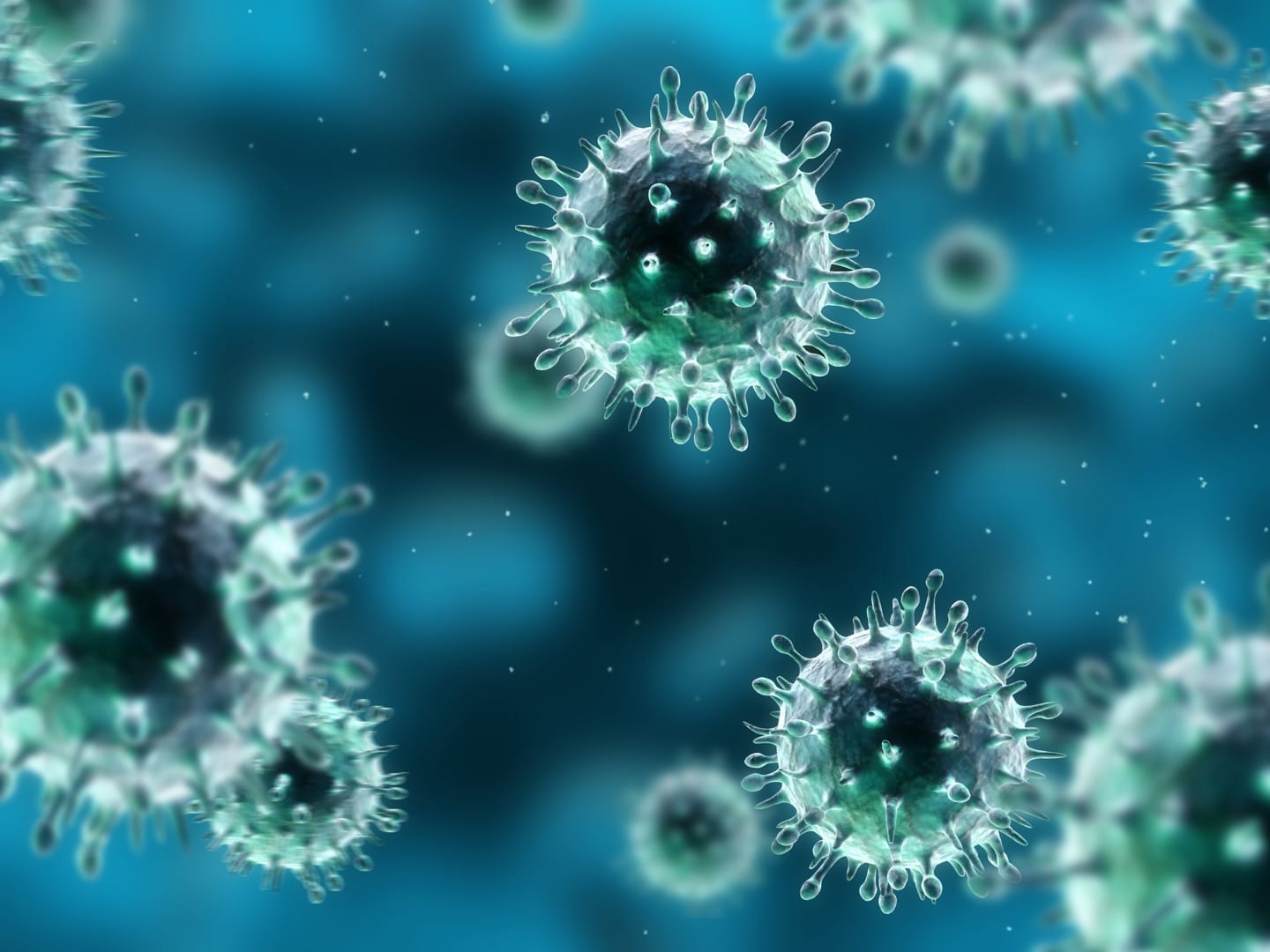Last updated: 8 February 2010
How serious is influenza H1N1 2009 (swine flu)?
Influenza H1N1 is mild in most cases and the overwhelming majority of patients make a rapid and full recovery. However, 2-5% of people are hospitalised (most of these patients have risk factors – see below). Unlike normal seasonal flu, the majority of cases involve people less than 30 years and the average age of death is 53 years.
What are the symptoms?
The main symptoms are fever (380C or more) with cough and/or sore throat. Other symptoms may include fatigue, headache, muscular aches, joint pains, chills, diarrhoea and vomiting.
How can I avoid catching it?
You can reduce your risk by following these rules:
- Avoid close contact (less than 1 metre) with people with symptoms. Do not visit people who have the flu unless absolutely necessary.
- Wear a face mask if you need to come within one metre of an ill person.
- Avoid touching your mouth, nose and eyes.
- Clean hands thoroughly with soap and water, or an alcohol-based hand rub on a regular basis.
- Look after your general health. Get plenty of sleep, be physically active, manage your stress, drink plenty of fluids and eat well.
- Antiviral drugs can be used to prevent infection in close contacts of patients with influenza.
What should I do if I think I have the flu?
If you are otherwise healthy and have mild symptoms:
- Stay at home. Keep away from work, school and crowds. If medical attention is required ring your doctor first.
- Avoid contact with other people where possible and use a face mask if in close contact.
- Cover nose and mouth when coughing and sneezing. Dispose of tissues carefully.
- Wear a facemask when seeking medical attention or when in close contact with vulnerable people
- Clean hands regularly after coughing or sneezing with soap and water or an alcohol-based hand rub.
- Treat the symptoms with rest, plenty of fluids and a pain reliever for aches.
When should I contact the doctor?
If you are at high-risk of complications:
Pregnant women
Morbid (severe) obesity
Indigenous people
People with an underlying chronic illness:
Heart disease
Chronic lung conditions, such as asthma, COPD
Diabetes
Kidney, blood and brain disorders
Immunosuppressed patients (including cancers,HIV/AIDS infection, drugs)
Emergency warning signs
Severe symptoms.
Shortness of breath, difficulty breathing or chest pain.
Confusion or sudden dizziness.
Severe or persistent vomiting.
Dehydration (dizzy when standing, passing much less urine).
You are concerned.
Who is eligible for FREE antiviral drugs?
Free antiviral drugs are available through your doctor for:
- People with moderate or severe infection
- People who are at-risk of severe infection (see above)
Antiviral medication shortens the illness and reduces its severity. It should be taken within 48 hours of getting sick. The Government has warned about the risk of buying counterfeit antiviral drugs online.
What about pregnant women?

Pregnant women are at high risk from influenza H1N1. The College of Obstetricians has provided this advice:
- Pregnant woman should avoid unnecessary exposure to crowded areas.
- All pregnant women with flu symptoms should consult their doctor promptly.
- Antiviral drugs appears to be safe in pregnancy.
Is there a vaccine?
A FREE swine flu vaccine is available from your doctor. Vaccination is recommended for all Australians over the age of 6 months.
Further Information
- Dept of Health influenza H1N1 information hotline: 180 2007
- Australian Government Swine Flu website
- The Royal Australian and New Zealand College of Obstetricians and Gynaecologists
- US Centre for Disease Control
Source: Health Update, 8 February 2010
Disclaimer:
- Please note this information was correct at time of publication.
- For up to date information, speak to your doctor.


